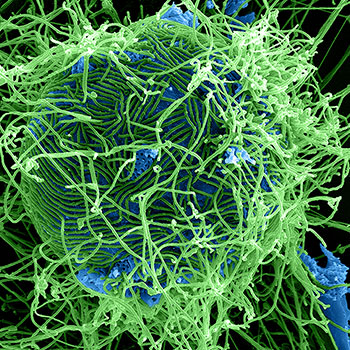How do you find the lengths of the curve #y=(4/5)x^(5/4)# for #0<=x<=1#?
2 Answers
Explanation:
We Need the formula
given
using that
to calculate the indefinite integtral we Substitute
so
and we have
this is
and we have
This is where the formula that is in Sonnhard's solution comes from.
Explanation:
Set the total length of the curve
Let us consider a minuscule portion of the curve that is so short and greatly magnified that it looks as though it is straight.
Set its length as
Using Pythagoras we have
Take the square root of both sides
Multiply by 1 and you do not change the value. However 1 comes in many forms.
But
Multiply
Sum up all the
As in Sonnhard's solution


